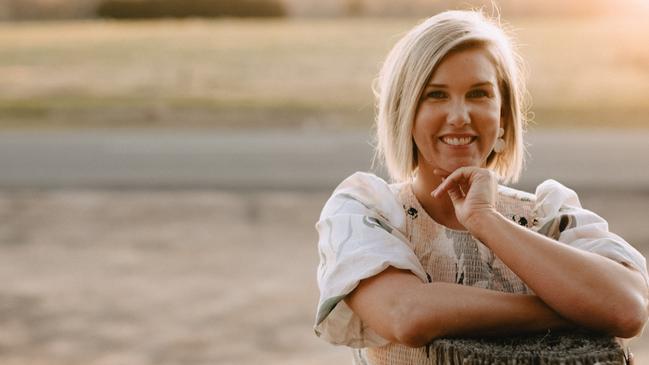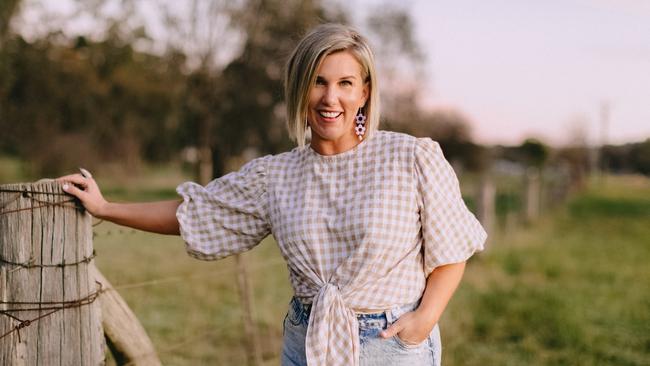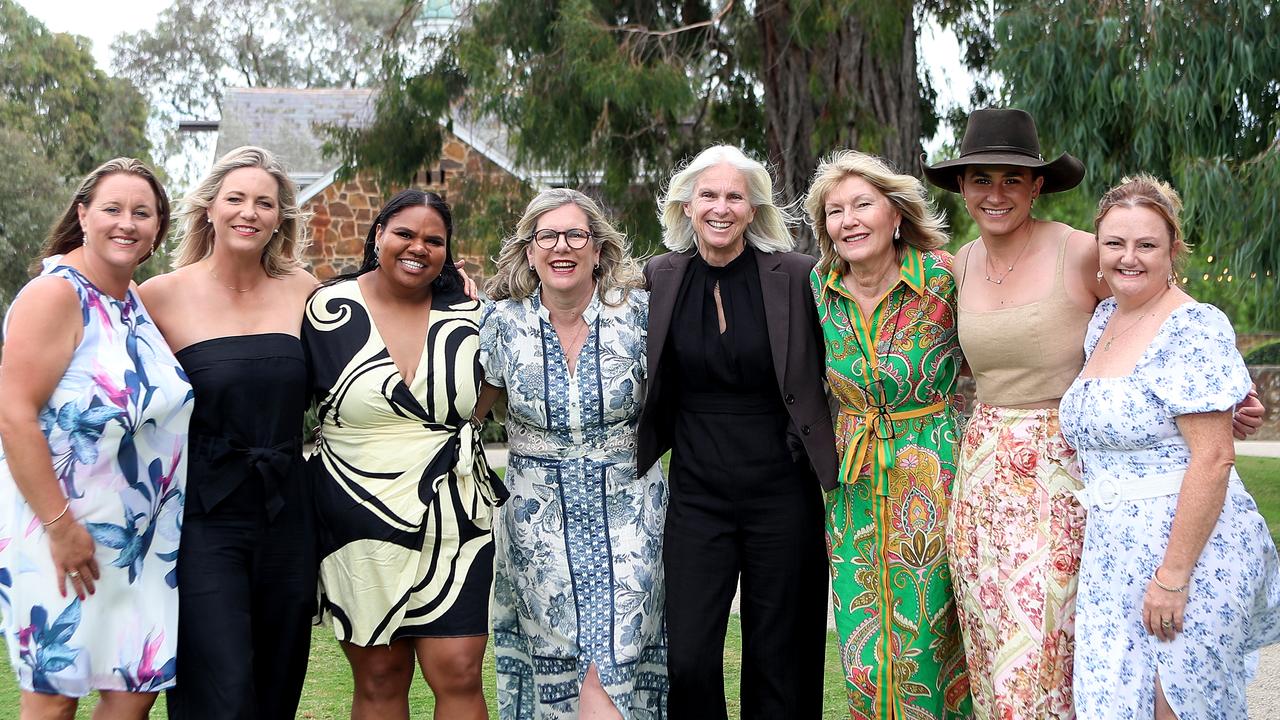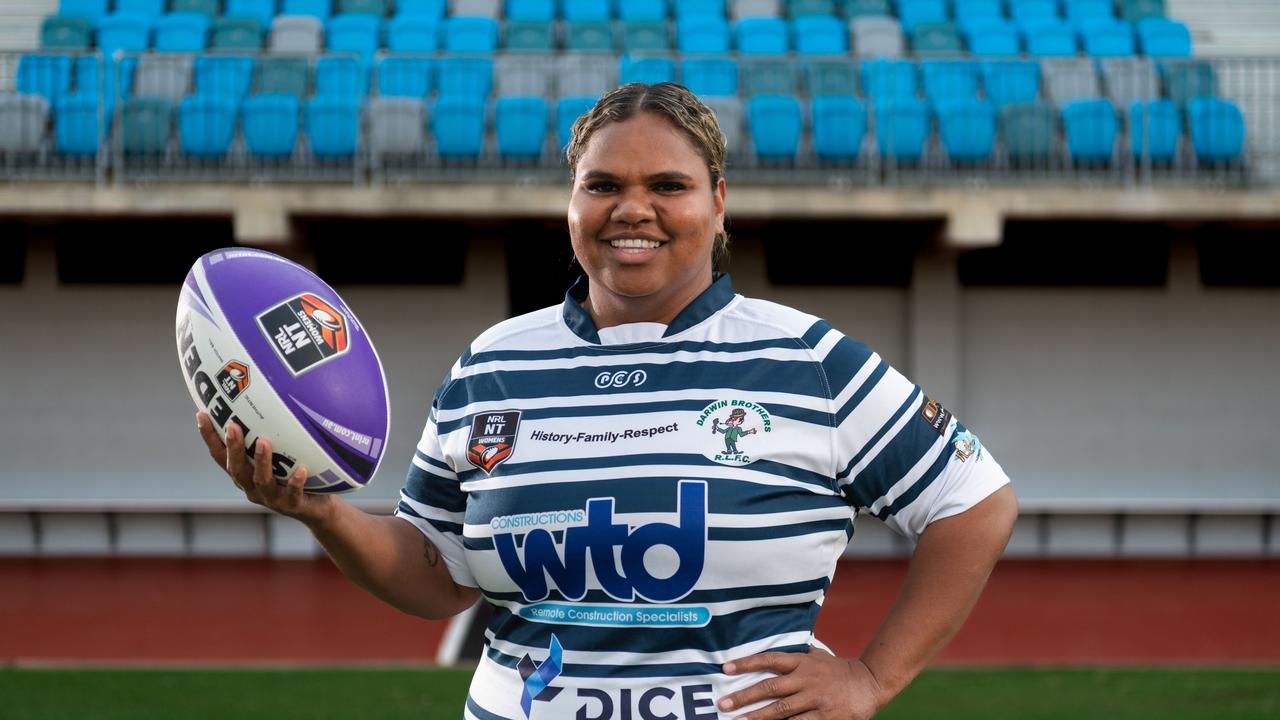Oak Magazine: Kimberley Furness on the impetus to start a rural women's magazine
Kimberley Furness was in front of the magazine rack when the penny dropped: No-one was telling her story. So, she took matters into her own hands.
Kimberley Furness is a nominee in The Weekly Times Shine Awards, supported by Harvey Norman. If you know a rural woman who deserves recognition, nominate her in the form below and learn more about the Shine Awards here.
Kimberley Furness was standing in a supermarket when the penny dropped.
The Bendigo business woman and former journalist could see a huge gap in the magazine market for one group of readers, and made it her mission to share their stories.
“I would stand in front of the magazines at a supermarket and I just didn’t see my story reflected in there,” said Kimberley, a mum of four who started her rural journalism career at the age of 16 and runs her own social media consulting business in Bendigo.

“There are incredible print mags out there. But I couldn’t see myself as a business woman who wrangles four kids and lives, works and supports regional and rural Australia.”
To fill the gap, Kimberley launched Oak magazine in 2017, a magazine dedicated to telling the stories of rural female change-makers.
Her first edition was 24 pages, published in just six weeks for a women-in-business event at Echuca. Reader response was amazing, prompting Kimberley to turn Oak into a quarterly magazine. The most recent issue topped 100 pages, with flip covers.
“It is with a little bit of embarrassment that I pull out issue one and call it a magazine,” Kimberley said.

Her goal now is to see Oak on the magazine rack in supermarkets.
Recently named AgriFutures Rural Women’s Award national runner-up for her accomplishments, she will use the prize money to ramp up a podcast and record audio versions of Oak, making it accessible to all.
“My project is to take my van, which I’ve converted into a podcast van, over to Western Australia and up to the Northern Territory and tell the stories of Indigenous women and women in male-dominated industries such as mining,” she said. “It also enables me to engage more writers, which means more stories.”




